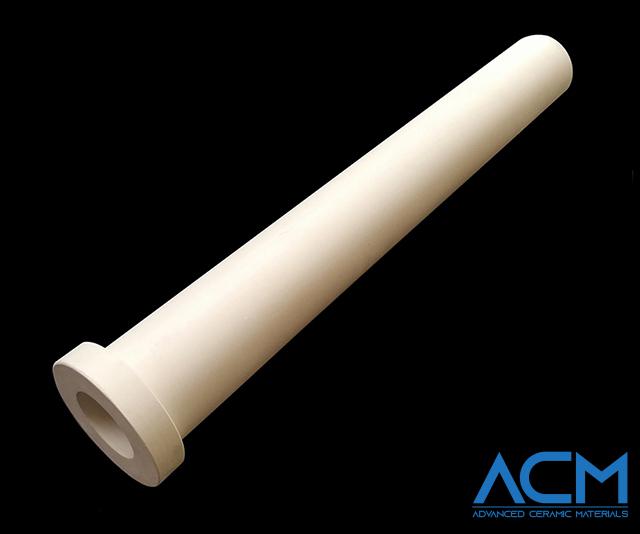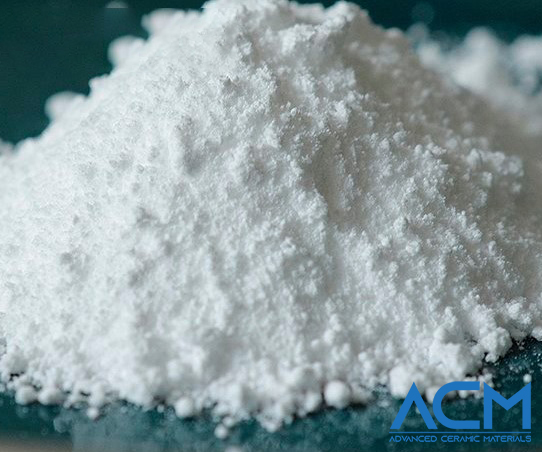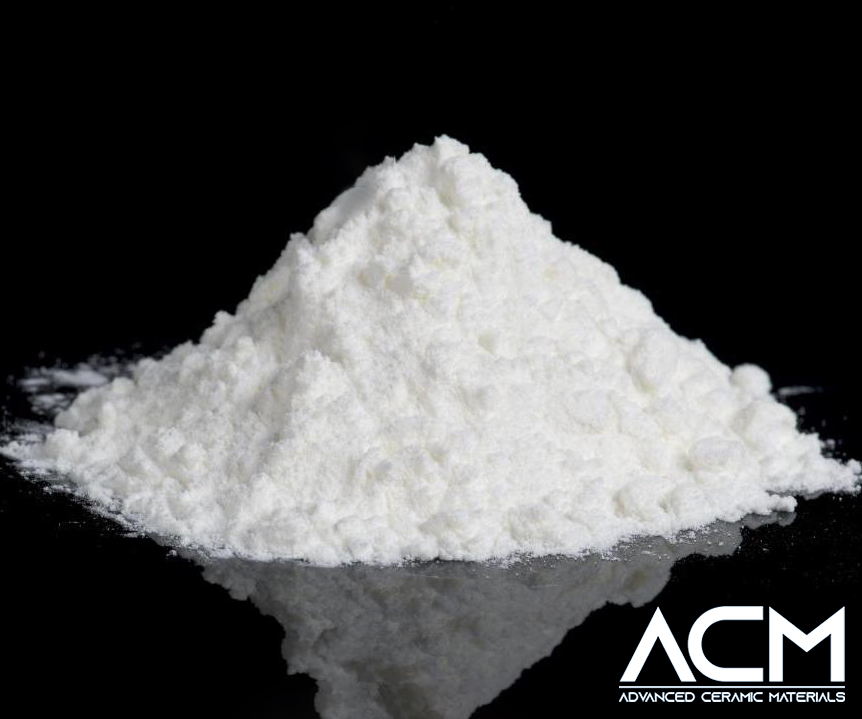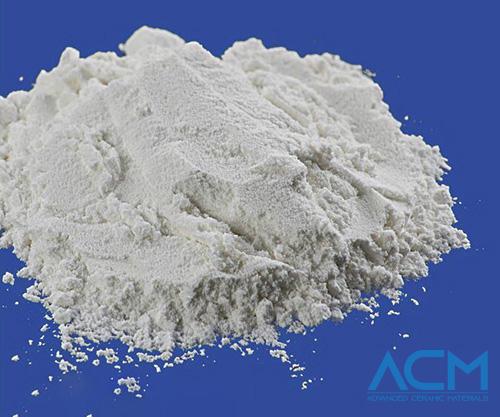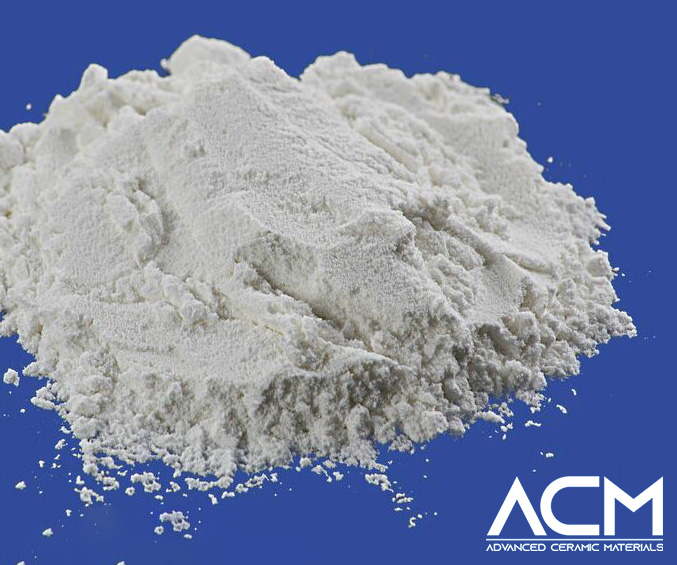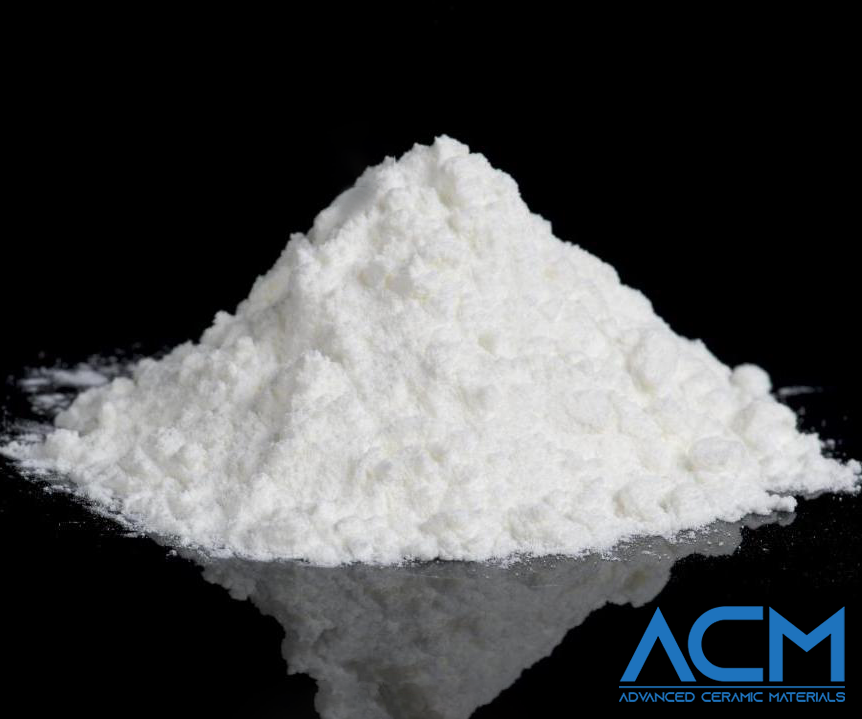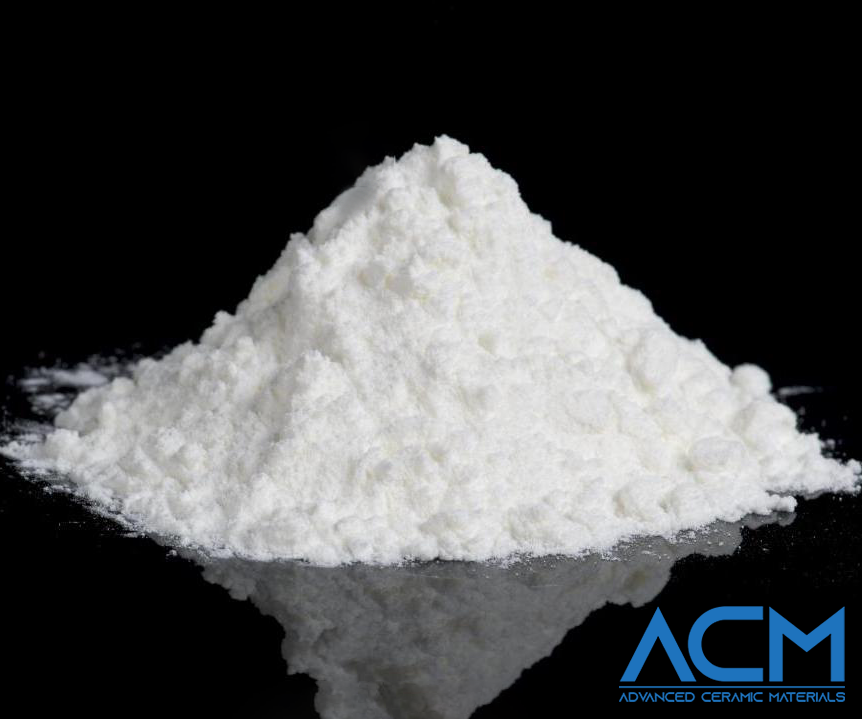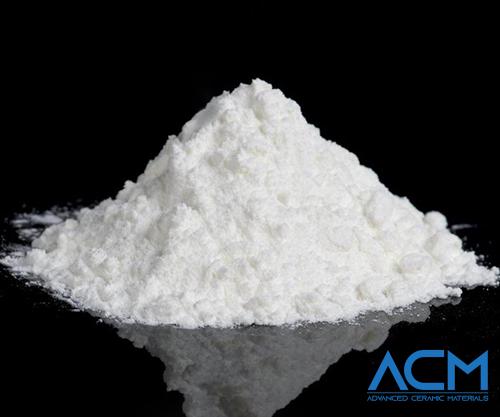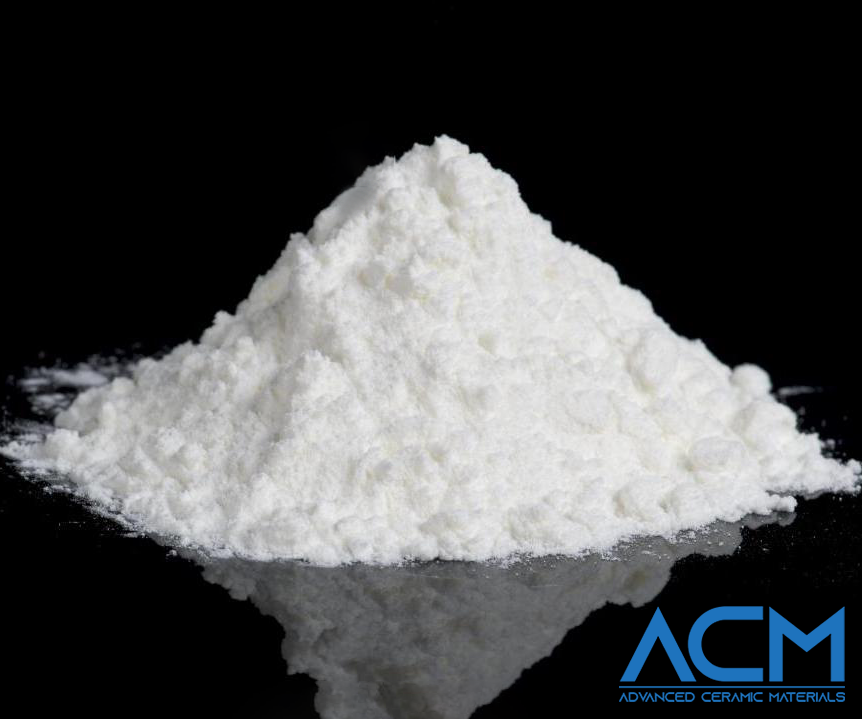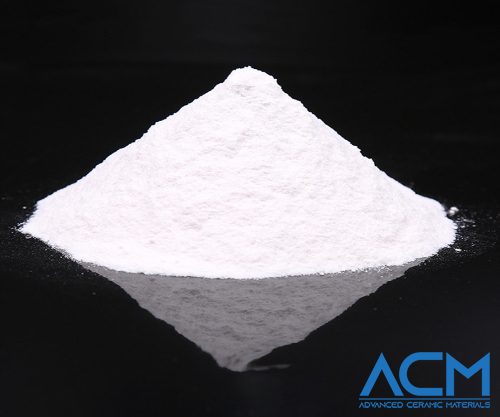AC6691 Aluminum Titanate Ceramic Riser Tube
- Catalog No. AC6691
- Material Aluminum Titanate
- Appearance White Riser Tube
- Purity ≥99.9%
Inquiry
AC6691 Aluminum Titanate Ceramic Riser Tube
Aluminum Titanate Ceramic Riser Tube Overview
Aluminum titanate ceramic riser tubes are essential components used in low-pressure casting machines. Thanks to their low thermal expansion coefficient, excellent thermal shock resistance, and non-wettability to molten aluminum, these tubes effectively overcome the limitations of traditional steel riser tubes, such as poor thermal shock resistance, low corrosion resistance, short service life, and frequent replacements. These advantages make aluminum titanate ideal for manufacturing riser tubes used in continuous, high-quality casting processes.
Specification
Properties
|
Volume Density |
3.3-3.5 g/cm3 |
|
Bending Strength |
1.5 MPa |
|
Compressive Strength |
30-50 MPa |
|
Operating Temperature |
≤1400℃ |
|
Porosity |
<8% |
|
CTE |
(0.5-1.5)*10-6℃ |
|
Thermal Conductivity (800℃) |
0.86 W/M·K |
|
Dimensions |
OD: φ78 mm, IN: φ58 mm, Length: 850 mm, Or Customized |
*The above product information is based on theoretical data. For specific requirements and detailed inquiries, please contact us.
Applications
-
Low-pressure die casting (LPDC): Functions as a riser tube transporting molten aluminum from the holding furnace to the mold, ensuring precise and stable metal flow.
-
Gravity casting: Guides molten metal in gravity-fed casting processes with superior thermal stability and non-wettability.
-
Aluminum alloy casting: Suitable for casting aluminum and its alloys where chemical resistance and durability are critical.
-
Automotive industry: Commonly used in producing automotive parts such as wheels, cylinder heads, and engine blocks.
-
Foundries: Widely applied in metal foundries requiring high-performance ceramic components for efficient, high-quality casting operations.
Packaging
Products are packaged in customized cartons or wooden crates according to size. Small items are securely packed in polypropylene (PP) boxes, while larger products are placed in custom wooden crates. Appropriate cushioning materials are used to ensure product protection during transportation.
Manufacturing and Testing
Testing procedures include:
-
Chemical composition analysis to verify purity and compliance.
-
Mechanical property testing including tensile strength, yield strength, and elongation.
-
Dimensional inspection to ensure thickness, width, and length meet specified tolerances.
-
Surface quality inspection to detect defects such as scratches, cracks, or inclusions through visual and ultrasonic examination.
-
Hardness testing to confirm uniformity and mechanical reliability.
Frequently Asked Questions
Q1: What is an aluminum titanate riser tube?
A1: A high-performance ceramic component made from aluminum titanate, used in low-pressure casting systems to transport molten aluminum from the holding furnace to the mold.
Q2: What advantages does aluminum titanate offer over traditional steel?
A2: It features low thermal expansion, excellent thermal shock resistance, non-wettability to molten aluminum, high corrosion resistance, longer service life, and reduced replacement frequency.
Q3: What are the typical applications of aluminum titanate riser tubes?
A3: Mainly used in low-pressure die casting machines, automotive component casting (such as wheels and engine blocks), and aluminum and aluminum alloy casting processes.
Performance Comparison
| Property / Application | Alumina (Al₂O₃) | Aluminum Titanate (Al₂TiO₅) | Aluminum Nitride (AlN) |
|---|---|---|---|
| Thermal Conductivity | Moderate (~20-30 W/m·K) | Low (~1-2 W/m·K) | Very High (~140-180 W/m·K) |
| Thermal Expansion Coefficient | Moderate (~7-8 ×10⁻⁶/K) | Very Low (~1-2 ×10⁻⁶/K) | Close to Silicon (~4.5 ×10⁻⁶/K) |
| Thermal Shock Resistance | Moderate to Good | Excellent | Moderate |
| Electrical Insulation | Excellent | Good | Excellent |
| Mechanical Strength | High | Moderate | High |
| Corrosion Resistance | Excellent | Excellent | Good |
| Main Applications | Structural ceramics, insulators, cutting tools | Riser tubes, molten metal handling parts | Heat sinks, high-power electronics, substrates |
| Aluminum Non-Wettability | Poor | Excellent | Moderate |
| Cost | Relatively Low | Moderate | High |
Customization Options
-
Shapes and dimensions: Complex three-dimensional shapes with a wide range of sizes, including cranked or angled designs.
-
Tolerance: From fine to coarse tolerances; precision machining available upon request.
-
Surface and structural features: Options with or without coatings (such as boron nitride), grooves, drillings, or flanges.
-
Special requirements: Custom geometries designed for specific casting systems, compatibility with high-precision or automated processes, and options for enhanced thermal or corrosion resistance.
Aluminum titanate ceramic riser tubes combine excellent thermal and chemical properties with durability, making them ideal for demanding casting applications requiring long service life and reliable performance.
Request a Quote
-
Attachment (Optional)
No file chosen









